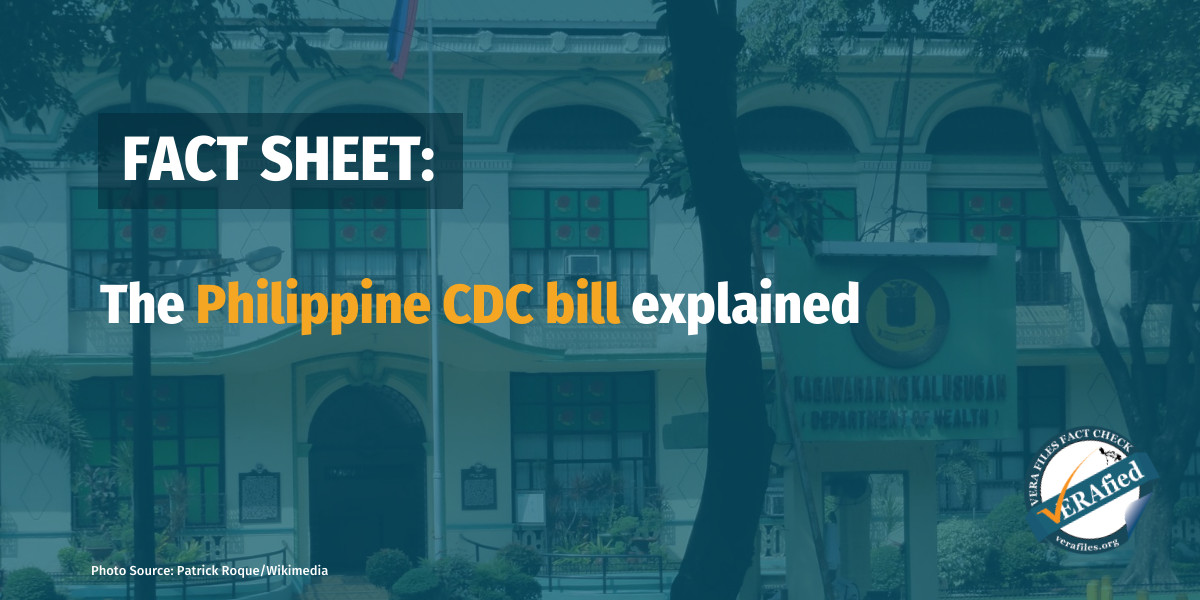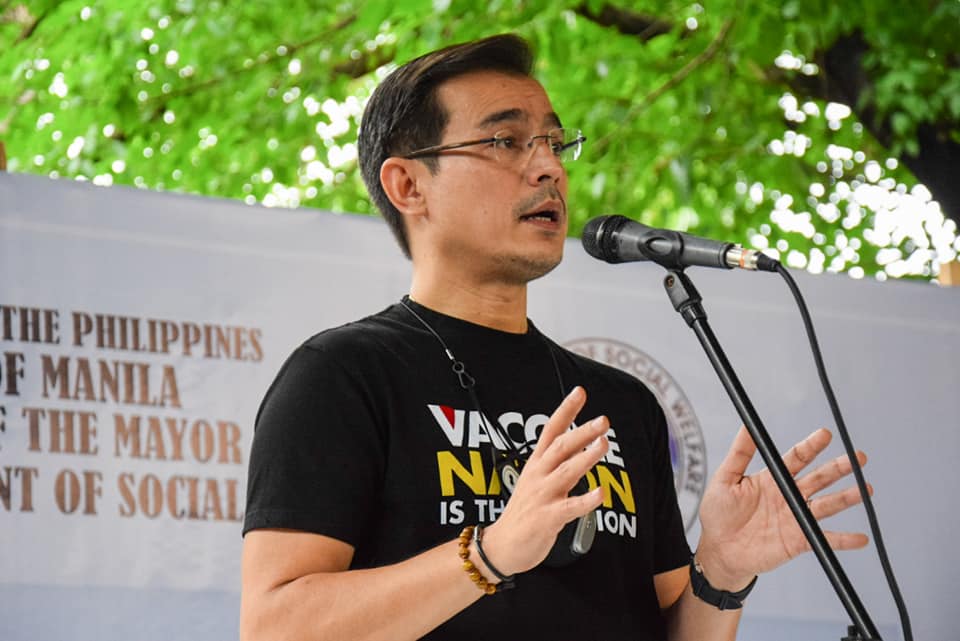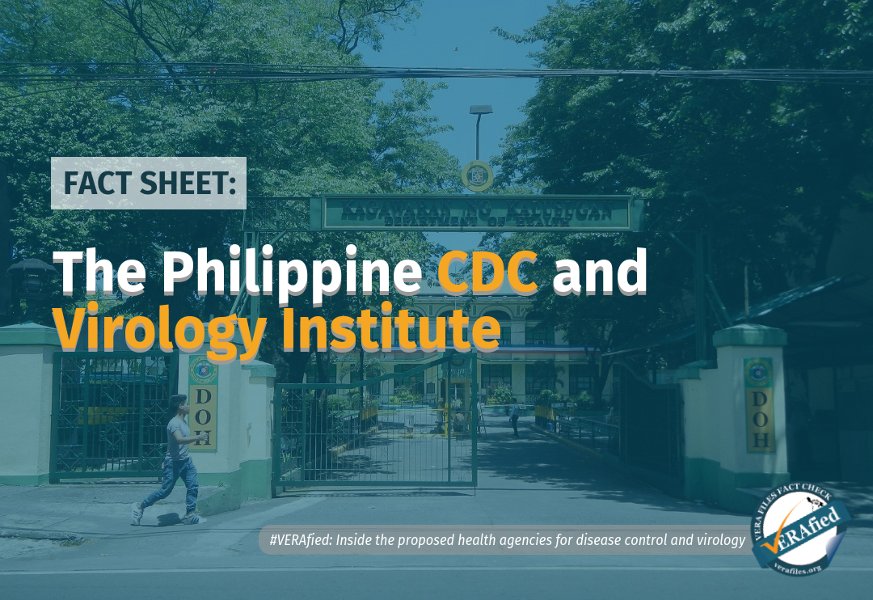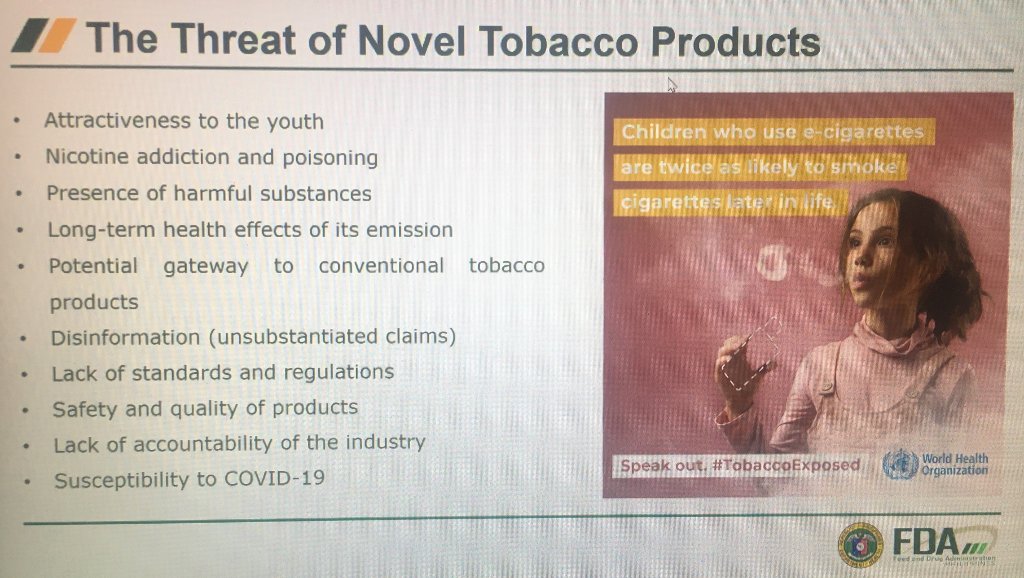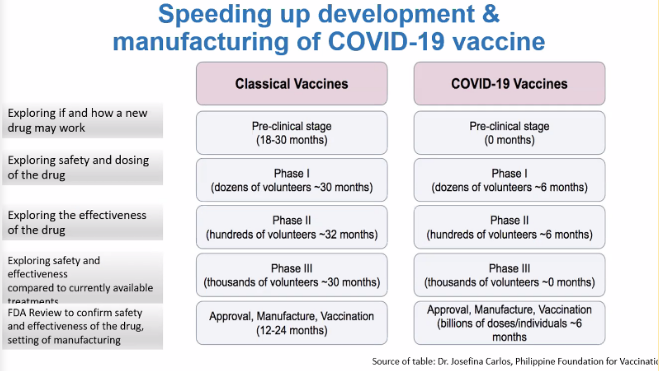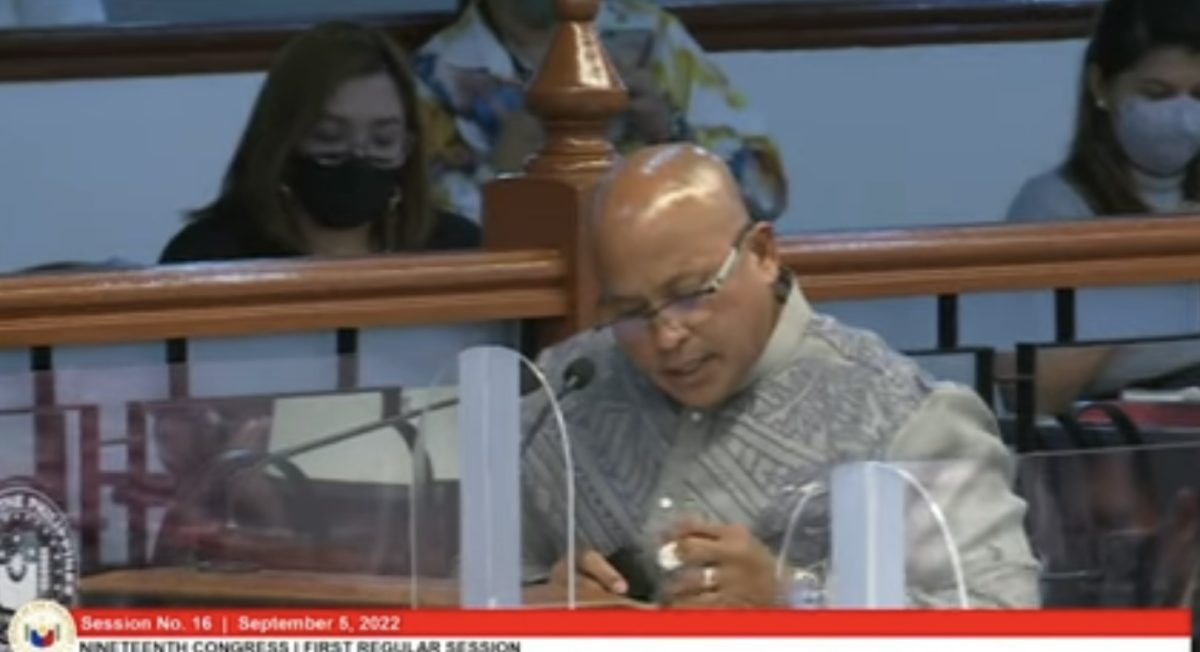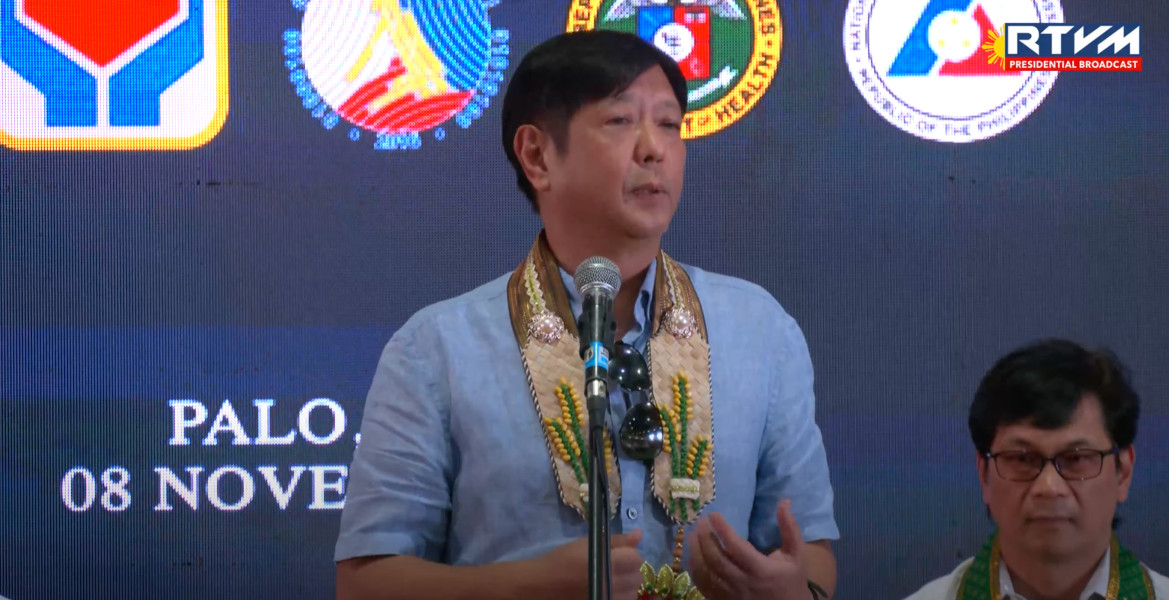Lunas Pilipinas Coalition, a network of regional and sectoral groups, held a prayer rally on May 22 to oppose Senate Bill (SB) No. 1869, creating a Philippine Center for Disease Prevention and Control (CDC).
In a press release on the same date, the coalition described the proposed legislation as “medical martial law” that will give the World Health Organization control over local health policies, enforce surveillance, and lead to warrantless arrests.
“The CDC bill is not a medical martial law. The bill has been proposed to us to be prepared in future pandemics or future threats to the public health of a nation,” the Department of Health (DOH) officer-in-charge Maria Rosario Vergeire said during a March 28 press briefing.
What is SB 1869 or the CDC bill, and should we be worried about it?
1. What is the CDC bill all about?
SB 1869 proposes the creation of a CDC in the Philippines which would be directly under the DOH’s Office of the Secretary.
The CDC would be ”the technical authority on forecasting, analysis, strategy, and standards development for the prevention and control of all diseases of public health importance and health security events, whether domestic or international in origin,” according to the measure.
Among other things, the CDC would implement disease surveillance, recommend actions against public health threats, build local capacity for surveillance and health research, and lead public and health risk communications.
The Philippine CDC bill proposes to establish centers for health statistics, epidemiology and surveillance, and a research institute of medicine.
The center would take over the Bureau of Epidemiology and the Research Institute for Tropical Medicine, both under the DOH.
2. What is the status of the CDC bill?
As of May 25, SB 1869 was up for approval on second reading after the committees on health, finance, and ways and means endorsed it for plenary debate last February.
A counterpart measure in the House of Representatives, House Bill No. 6522, was approved on third and final reading on Dec. 12, 2022 with 255 votes and no objections. It was transmitted to the Senate on the same day.
Bills to establish a CDC were filed in both the Senate and House of Representatives during the 18th Congress, specifically as a result of the COVID-19 pandemic. In his 2021 State of the Nation Address (SONA), former president Rodrigo Duterte urged legislators to enact a CDC law. The House swiftly approved its version of the bill two days later on July 28, 2021.
Read FACT SHEET: Inside the proposed health agencies for virology and disease control
President Ferdinand Marcos Jr. also promised the establishment of a CDC in his first SONA in July 2022. He certified as urgent the Senate version of the CDC bill on March 14 to speed up the legislative process.
Bills are certified as urgent to meet a public calamity or emergency under Article VI, Sec. 26 (2) of the 1987 Constitution and may be passed on second and third readings on the same day, as established in a 1994 Supreme Court ruling.
3. Why do legislators and health experts support the CDC bill?
Sen. Pia Cayetano, sponsor of SB 1869, said the establishment of the CDC will help secure the country’s healthcare system against future problems.
“This will prepare us for all possible futures whether it be another pandemic, a natural disaster or a man-made disaster that may threaten our country’s health security,” Cayetano said in a speech on Nov. 24, 2022.
In a March 23 presser, Vergeire said the proposed CDC would “fill in the [healthcare] system’s inadequacies,” which were made evident by the COVID-19 pandemic.
She argued that the CDC bill would help address the government’s lack of ready access to experts and health surveillance systems, as well as ensure coordination between laboratories, scientists and health experts.
“Nowhere can you find within this CDC draft bill any provision that will state that we’re going to have a medical martial law,” Vergeire stressed.
4. What provisions of the CDC bill are being opposed?
Critics argue that the proposed law will threaten human rights by allowing the government to track down people using subscriber identity module or SIM cards, mandate everyone to undergo quarantine and treatment, and exempt the CDC’s program implementers from accountability.
Under the bill, the National Telecommunications Commission shall provide the location of patients suspected of contracting a disease upon request of the CDC, “provided that the CDC ensures confidentiality of such information.”
It also provides that the CDC’s director general would have the power to implement preventive measures such as quarantines, isolation, inspections, destruction of animals, fumigations, and others.
Under Article V, Sec. 13 (g) (5) of SB 1869, the Health secretary may promote treatment, vaccination, or immunization against a contagious disease, as well as:
“[compel] the isolation or quarantine of persons who are unable or unwilling, for reasons of health, religion, or conscience, to undergo immunization or treatment: Provided, That the guidelines for the exercise of such power shall be formulated with the Department of Justice.”
Source: Senate of the Philippines, Article 5, Sec. 13 (g) (5) of SB 1869, p. 21
The bill provides the following individuals with immunity from lawsuit with respect to claims related to the discharge of their official duties in preventing the spread of a disease:
- CDC’s program implementers
- public officials and employees
- healthcare and non-healthcare workers
- members of the Food and Drug Administration
- members of the National Adverse Events Following Immunization Committee.
However, they would not be immune from legal cases arising from willful misconduct and gross negligence.
